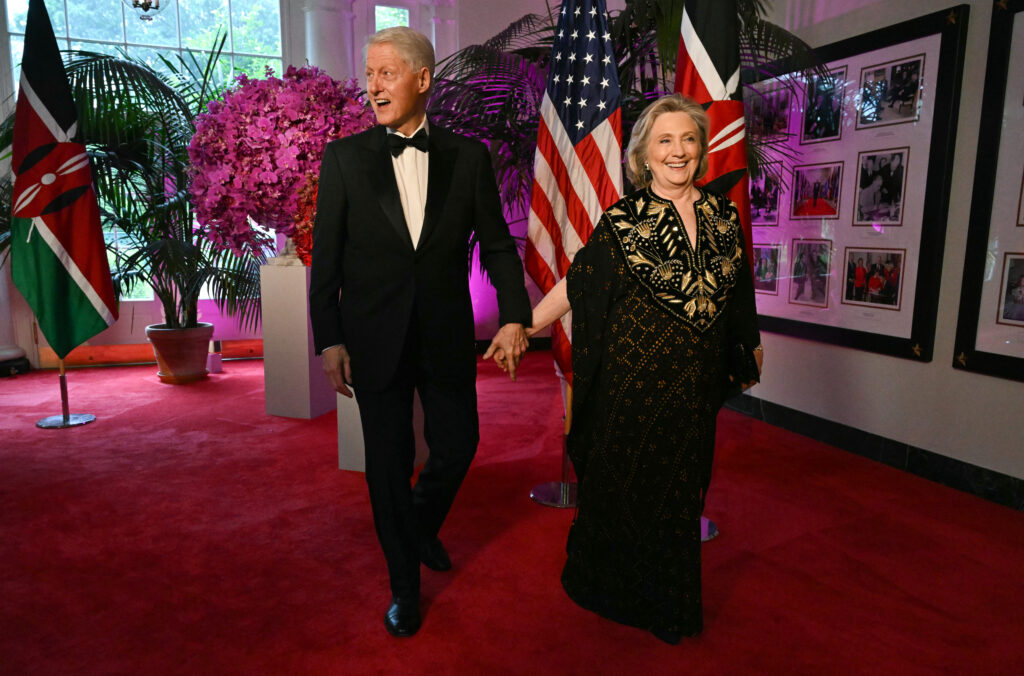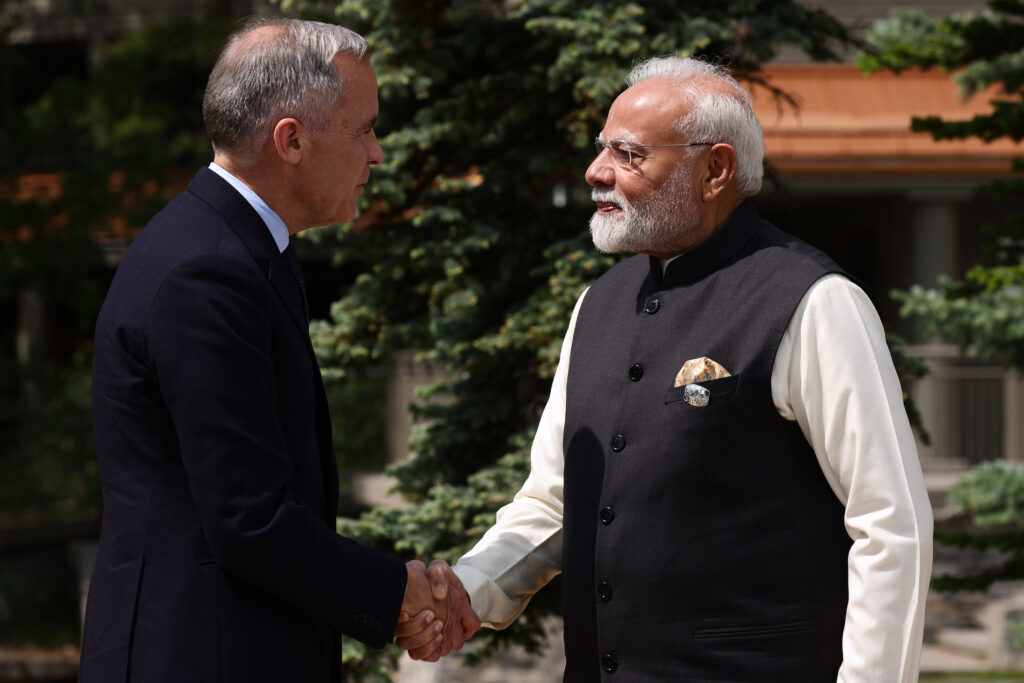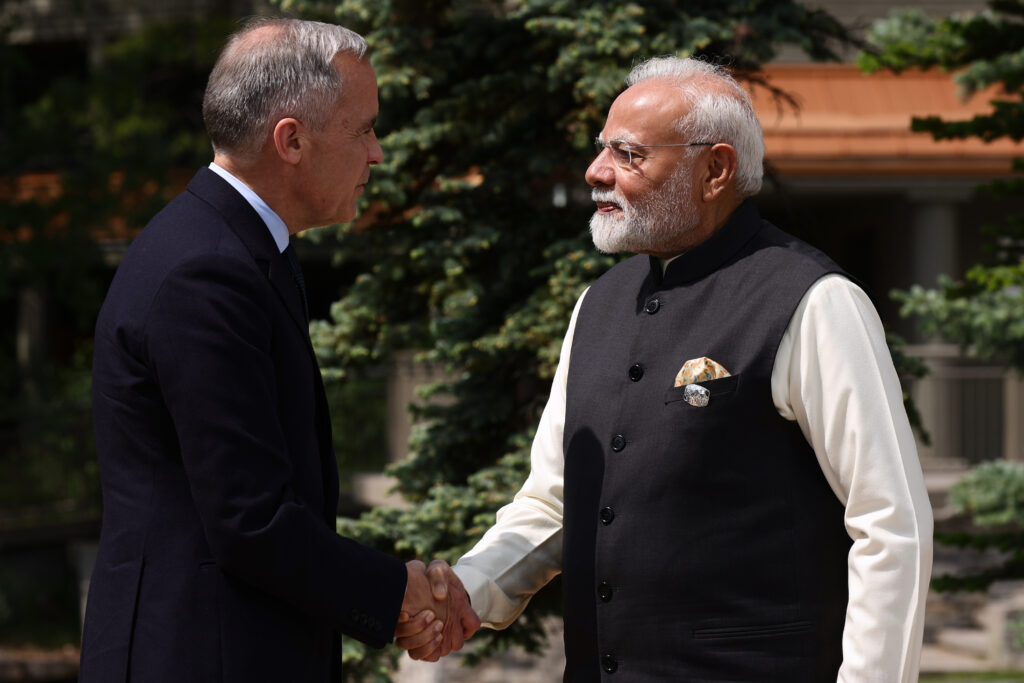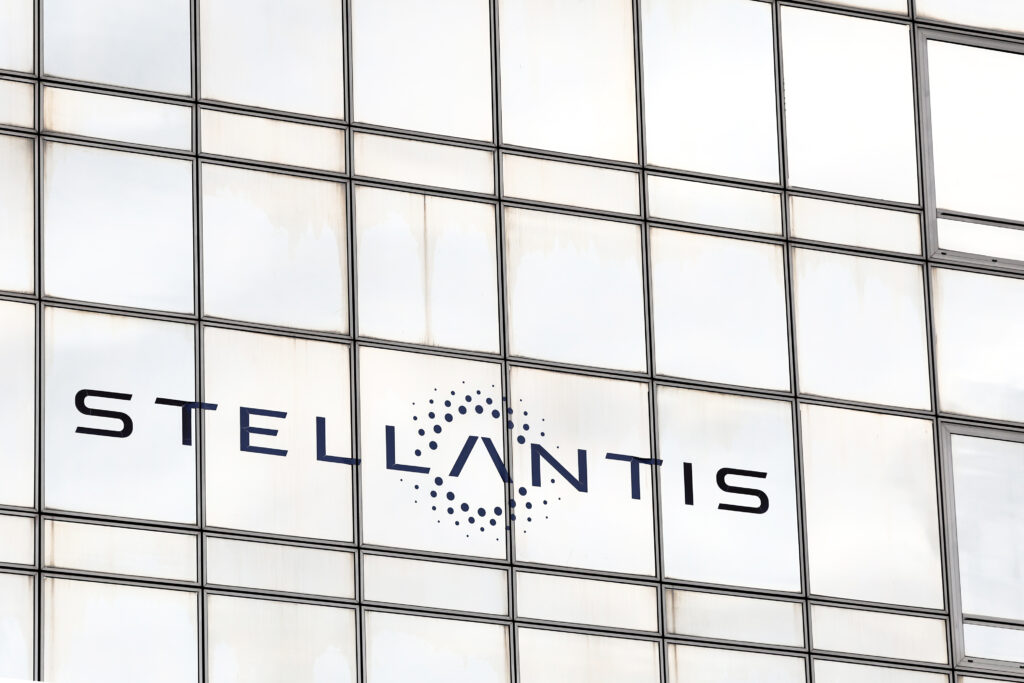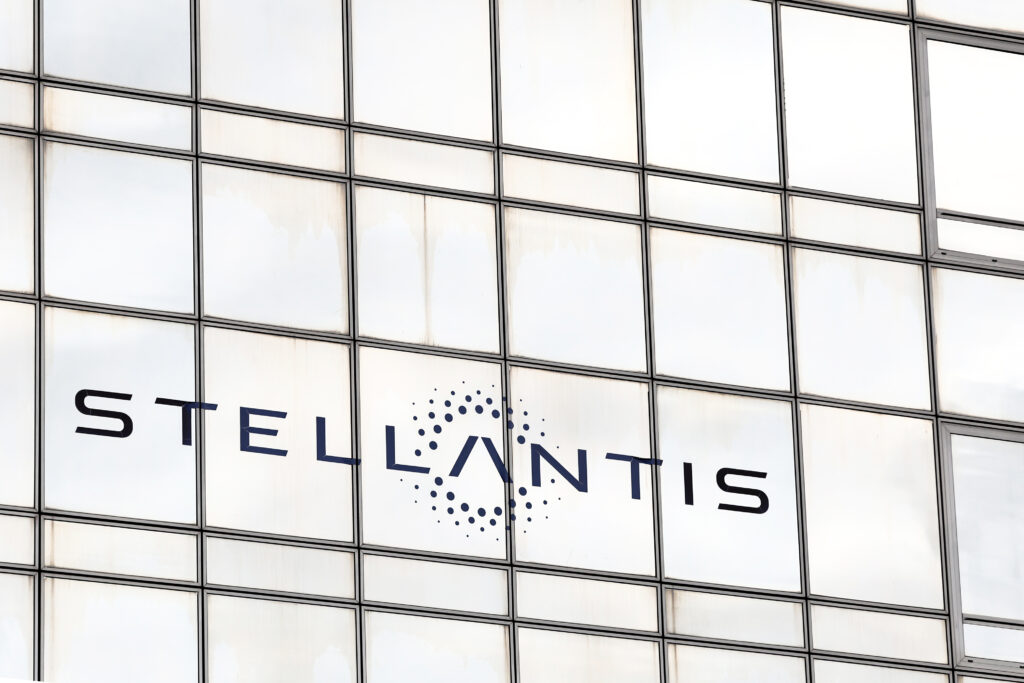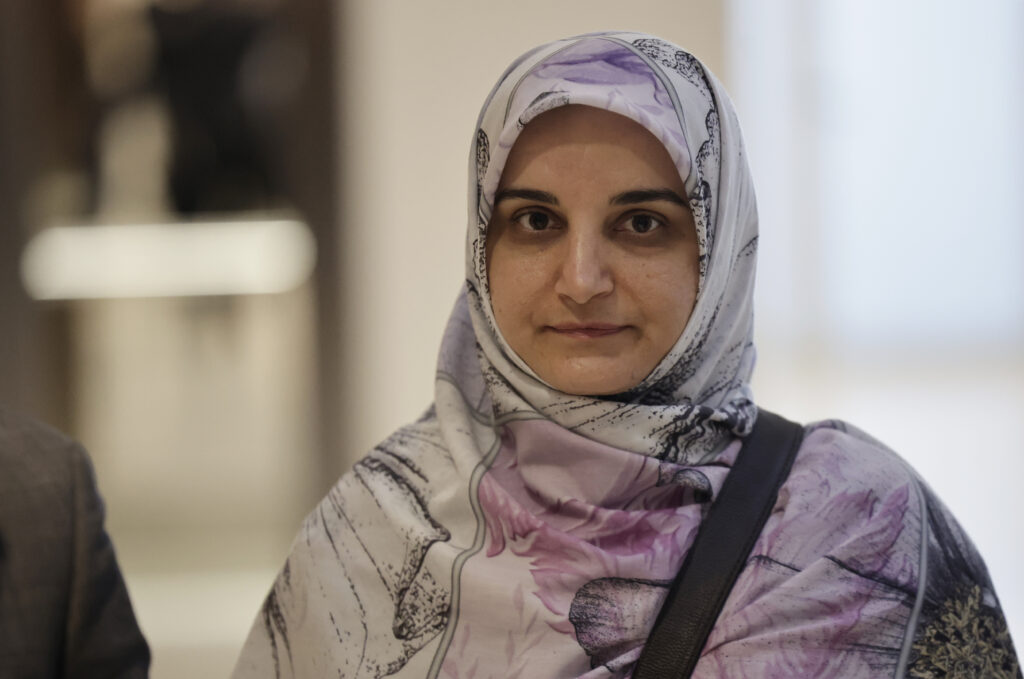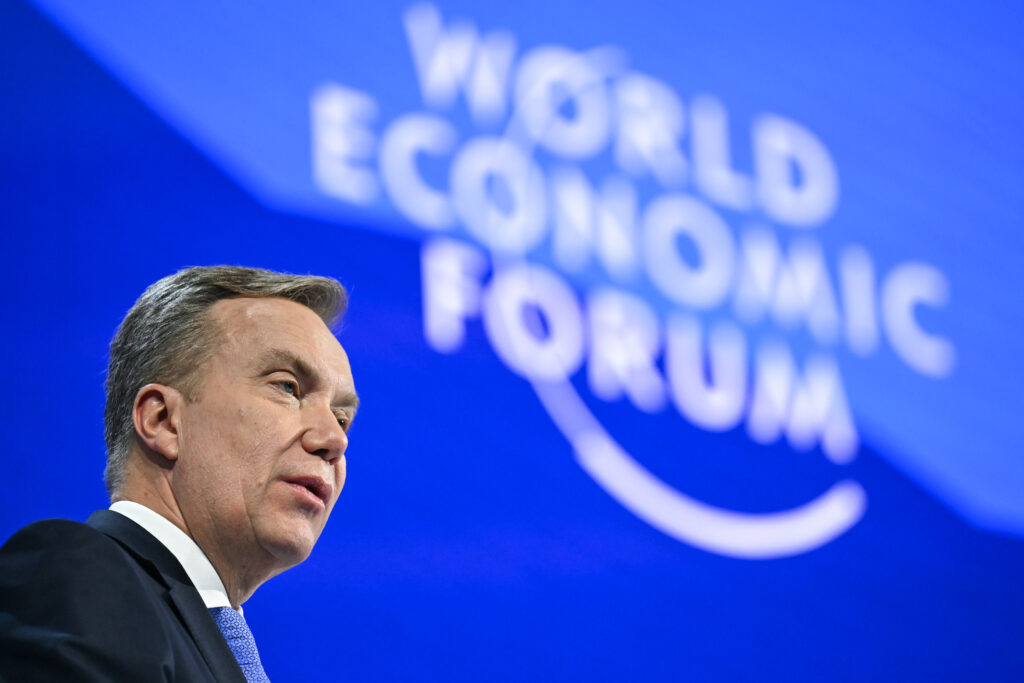Hillary Clinton faces ‘a lot of questions’ in US House panel’s Epstein probe
Former US secretary of state Hillary Clinton will face “a lot of questions” Thursday from a congressional committee investigating the late convicted sex offender Jeffrey Epstein and his accomplice Ghislaine Maxwell, its Republican chair said.James Comer, who chairs the committee that will also grill former president Bill Clinton on Friday, said ahead of the hearing that “the purpose of the whole investigations to try to understand many things about Epstein.”But the top Democrat on the committee, Robert Garcia, said it was President Donald Trump who should appear before the panel to explain his Epstein ties, alleging the White House was hiding allegations against him in the Epstein files.”Let’s get President Trump in front of our committee to answer the questions that are being asked across this country from survivors,” Garcia said ahead of the hearing.The Republican-led House Oversight Committee is probing those who were linked to Epstein, who died in a New York jail cell in 2019 while awaiting trial.The Clintons had initially rejected subpoenas ordering them to testify in the panel’s probe, but the Democratic power couple eventually agreed to do so after House Republicans threatened to hold them in contempt of Congress.Democrats say the investigation is being weaponized to attack political opponents of Trump rather than to conduct legitimate oversight.Trump and Bill Clinton, both 79, feature prominently in the recently released trove of government documents related to Epstein, but have each said they broke ties with the financier before his 2008 conviction in Florida as a sex offender.Mere mention in the files is not proof of having committed a crime.The Clintons called for their depositions to be public but the committee insisted on questioning them behind closed doors, a move Bill Clinton denounced as akin to a “kangaroo court.”Hillary Clinton, 78, who lost the 2016 presidential election to Trump, said in an interview with the BBC last week that she and her husband “have nothing to hide.”She met Maxwell “on a few occasions,” she said, but never had any meaningful interactions with Epstein.The depositions are being held in Chappaqua, New York, where the Clintons reside. Dozens of journalists have converged on the wealthy hamlet to cover the unprecedented hearing.The Secret Service had erected metal barricades around the arts center where the deposition will take place, with the Clintons expected to enter through a side door shielded by a white tent.- Sex trafficking -Bill Clinton has acknowledged flying on Epstein’s plane several times in the early 2000s for Clinton Foundation-related humanitarian work, but said he never visited Epstein’s private Caribbean island.Maxwell, 64, is serving a 20-year prison sentence for sex trafficking.She appeared via video-link before the House Oversight Committee earlier this month but refused to answer questions, invoking her Fifth Amendment right not to incriminate herself.Her attorney, David Markus, said Maxwell would be prepared to speak publicly if granted clemency by Trump.Epstein cultivated a network of powerful business executives, politicians, celebrities and academics. The release of the Epstein case files has had repercussions around the globe, including the arrests in Britain of former prince Andrew and Peter Mandelson, the ex-ambassador to the United States. A number of prominent Americans have had their reputations damaged by their friendships with Epstein and have resigned their positions, but so far Maxwell is the only person who has been convicted of a crime in connection with late financier.
